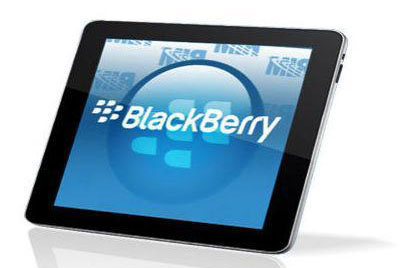In looking at touch as a means of interaction we can see where both are coming from, but have to disagree a little. Touch as a form of direct interaction has been around for a long time and has been present in everything from mobile phones to tracking systems to point of sale terminals. It is an efficient and effective way of getting specific data into a device. The problem is that the device you are trying to interact with is usually not designed to work with multiple types of input. For example a POS system often will have everything you need laid out for you for quick and easy access, this is the same for GPS, Radio and most other devices. The phone, the tablet and the PC are the exceptions to this. With these devices you are crossing the gap from simple entry into content creation. This makes the method of entry a little more important. Unfortunately touch is not the best method for this type of work. It is neat, but again would you want to do a lot of typing on a touch screen or a keyboard? How about photo manipulation or video editing? Having worked with these professional applications I can tell you that working with most touch enabled screens is awkward and slow. In many cases it is simple because touch is not very accurate yet and even with a stylus you are not getting the pinpoint accuracy you need (or want) with these apps.
The question is; is this what Blackberry is talking about? We have a sneaking suspicion that it is not. What we are guessing is that Blackberry is looking to try to shift attention away from their own failed tablet attempt. Remember that they billed the playbook as a great work companion and showed it being used as to perform many work related tasks from anywhere (on the mountain side was my favorite). This means that they have changed their stance and mind on the way they envision the tablet (no surprising really). The problem here is not necessarily the tablet though. In most cases with slow consumer acceptance it is the eco system and the OS that drives the purchase. Blackberry has not been able to recapture consumer interested because they do not have the same rich ecosystem that Apple and Android has. Microsoft is experiencing the same thing with Windows RT and to a lesser extend Windows 8 Pro on tablet products. Consumers simply do not see them as leaders in the tablet arena.
It is also interesting to look at the connection between phone market share and tablet market share. If you are doing well in in selling phones, then you are likely to be able to push a tablet to the market as well. This makes perfect sense considering the fact that your phone OS is likely to be your tablet OS as well. Both Blackberry and Microsoft have very small chunks of the phone market which corresponds to their small foot print in the tablet market. However, unlike Microsoft Blackberry does not have a current or follow on product to help grow their presence in the market. So when we hear Blackberry making comments that the tablet is not a good business model we should remember to add “for us” at the end of those sentiments. In this case Blackberry is jumping on the coattails of other people in the industry in an effort to say “we think that too” and their decision to not produce a follow on product has nothing to do with the life cycle of the tablet, but with their own unstable position in the market.
Tell us your thoughts in our Forum




